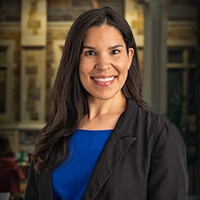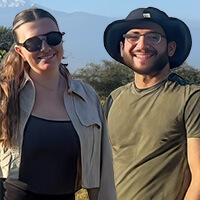Legitimating Shareholder Primacy
We are living in a particularly polarized era, and corporate governance is no exception. With controversies raging over “environmental, social, governance” (ESG) investing, diversity, equity, and inclusion initiatives, climate change as an investment concern, and even Elon Musk’s pay package at Tesla, it seems as though corporate governance has never been so starkly divided along partisan lines.
The divisions have threatened to spill over to Delaware, the preferred jurisdiction for incorporation in the United States. Several high profile cases—including those involving Elon Musk—have called Delaware’s neutrality into question. Commenters have argued that Delaware’s newly politicized approach threatens to splinter the corporate governance universe, driving corporations to other states that are more reliable (or that follow different corporations’ preferred politics).
This article argues that, in some ways, the critics are correct: Delaware law is on a path toward politicization. But it is not because of any particular bias of its judges or its law; to the contrary, the pressures toward politicization are inherent in any system that purports to guide how vast aggregations of capital will be deployed. What is unique about the current moment is that the trends toward politicization result from tensions inherent in shareholder primacy. Shareholder primacy was conceived, in large part, as a compromise to keep politics out of business management; what the modern controversies reveal is the futility of that effort
About the Law and Economics Workshop
Michigan’s Law and Economics Workshop provides an opportunity for faculty and students from across the University to engage with cutting-edge law and economics research by leading scholars on a wide range of legal and policy topics.
Professors Adam Pritchard ([email protected]) and Gabriel Rauterberg ([email protected]) organize the workshop. If you would like to receive workshop announcements, please contact Alex Wroble ([email protected]) and ask to have your name added to the workshop’s email list.






